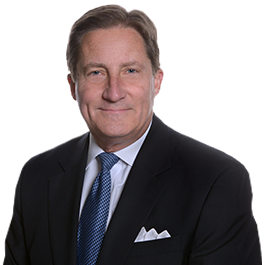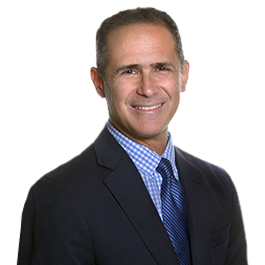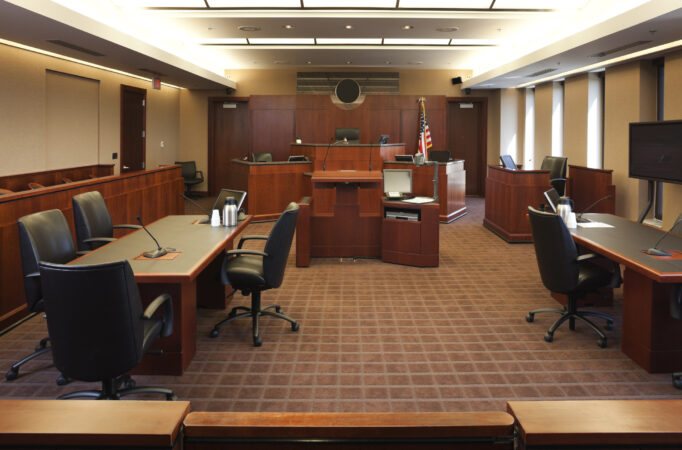Litigation
Covid-19 and Insurance Premiums: Who is really saving due to a decrease in travel?
It is well known that the Covid-19 pandemic resulted in a significant decrease in vehicle traffic all over the country due to closures of the workplace and a substantial reduction in social events. Naturally, this led to the decline in the number of vehicle accidents that occurred over the course of the pandemic. One could imagine that vehicle insurance companies made significant profits over this time period due to insureds continuing to make premium payments on their auto policies paired with a substantial decrease in claims resulting from auto accidents. Several class-action lawsuits around the country are alleging that this did indeed happen and that it was illegal on the part of the insurance companies. Specifically, one of the most well know auto insurance companies, GEICO, has been named as a defendant in class action lawsuits filed in several jurisdictions for allegedly overcharging its customers during the Covid-19 Pandemic.
One of these lawsuits was filed in the United States District Court for the Northern District of California, with the caption Day v. GEICO Casualty Company et al., at case number 5:21-cv-02103. (See a copy of the complaint here). The complaint alleged violations of good faith, California’s false advertising and unfair competition law, and unjust enrichment. In support of these claims, the complaint alleged that “while many companies, industries, and individuals have suffered financially as a result of the COVID-19 pandemic, auto insurers like GEICO have scored a windfall.” The complaint cited to information generated by GEICO’s parent company, Berkshire Hathaway, which reported GEICO had pretax earnings of “$3.428 billion in 2020.” This is allegedly over double the amount GEICO earned during the same period in 2019. The complaint also cited to a report from the Center for Economic Justice & Consumer Federation of America, which provided, in relevant part:
Because of COVID-19 restrictions, the assumptions about future claims underlying insurers’ rates in effect on March 1 became radically incorrect overnight. When roads emptied, the frequency of motor vehicle accidents and insurance claims dropped dramatically and immediately. The assumptions in insurers’ rates covering time-frames from mid-March forward about the future frequency of claims became significantly wrong when the roads emptied because of Stay-At-Home orders and business closures starting in mid-March. The then-current rates became excessive not just for new policyholders going forward but also for existing policyholders whose premium was based on now overstated expectation about insurance claims.
The report went on to conclude that “at least a 30% average refund of paid premiums would be required to make up for the excess amounts paid by consumers for just the period between mid-March and the end of April of 2020.” Although GEICO did offer a “GEICO Giveback” program, which included a “15% discount on new and renewal policies from April to October 2020,” GEICO “did not apply any discount to the premiums that customers already paid and continued to pay on policies already existing at the start of the COVID-19 pandemic.” Further, the complaint alleged that “the 15% credit is nowhere near the minimum 30% average refund benchmark that has been conservatively estimated as an adequate refund for just the first the first two months of the pandemic.” Because GEICO allegedly had “full knowledge that its program was inadequate, GEICO falsely claimed to its customers that it was, in fact, providing substantial and full relief.” Alleged examples of this were present on GEICO’s website, which claimed that “shelter in place laws have reduced driving, and we are passing these savings on to our auto, motorcycle, and RV customers.” Further, it was alleged that GEICO failed to disclose that the “GEICO Giveback” program “did not pass the company’s savings on to its customers; the fact and amount of its excessive profits caused by COVID-19; and the fact that its premiums are not based on an accurate assessment of risk during COVID-19.”
A remarkably similar class action has also been filed against GEICO in the United States District Court for the Northern District of Illinois by the same law firms that filed suit on behalf of the class in California, Stephan Zouras, LLP and Nichols Kaster, PLLP. Captioned as Briana Siegal v. Geico Casualty Co. et al., at case number 1:20-cv-04306 (See a copy of the complaint here), the Illinois Complaint similarly alleges violations of fair dealing and good faith, unjust enrichment, and unfair, deceptive, or fraudulent business practices. Support for these claims is, understandably, almost identical to the support cited in the California complaint, as summarized above.
The disposition of these lawsuits will likely set an extremely important precedent for auto-insurers. Indeed, it is very likely that more cases like these will appear all over the country and potentially involve other auto-insurance companies in addition to GEICO. There is also a potential that these claims will expand beyond the realm of auto insurance. For example, what claims could policyholders of large venues have as a result of premiums paid on liability policies when their venues were not able to host events? One would imagine that the insurers of those types of venues similarly saw increased profits due to a decrease of liability claims being filed for incidents occurring at those events. The potential for continued litigation against insurance companies certainly makes monitoring these lawsuits important. Houston Harbaugh will continue to do so.
About Us
The litigation attorneys at Houston Harbaugh, P.C., are accomplished business trial lawyers, providing comprehensive support in litigation across a broad spectrum of matters throughout Pennsylvania, West Virginia, Ohio and other jurisdictions upon a special admission basis. Our clients are regional and national small, medium and large companies and individuals who seek well planned and aggressive, but cost effective litigation. We counsel, we budget, we have a deep bench, we act quickly when needed and we have experienced trial lawyers who know the courts and bench. We serve regularly as local counsel for some of the largest law firms in the country when they have matters in this region.

Henry M. Sneath - Practice Chair
Co-Chair of Houston Harbaugh’s Litigation Practice, and Chair of its Intellectual Property Practice, Henry Sneath is a trial attorney, mediator, arbitrator and Federal Court Approved Mediation Neutral and Special Master with extensive federal and state court trial experience in cases involving commercial disputes, breach of contract litigation, intellectual property matters, patent, trademark and copyright infringement, trade secret misappropriation, DTSA claims, cyber security and data breach prevention, mitigation and litigation, probate trusts and estates litigation, construction claims, eminent domain, professional negligence lawsuits, pharmaceutical, products liability and catastrophic injury litigation, insurance coverage, and insurance bad faith claims.

Samuel H. Simon - Practice Chair
As co-chair of Houston Harbaugh’s Litigation Group, Sam focuses his practice on commercial/business litigation. Sam regularly represents clients in the construction, manufacturing, oil and gas, and wholesale/retail/ distribution industries, as well as individuals in matters such as:
- Construction litigation
- Environmental litigation
- Breach of contract disputes
- Oil and gas litigation
- Negligence
- Restrictive covenants (non-compete agreements)
- Civil rights
- Collections/creditors’ rights
- Lease disputes

